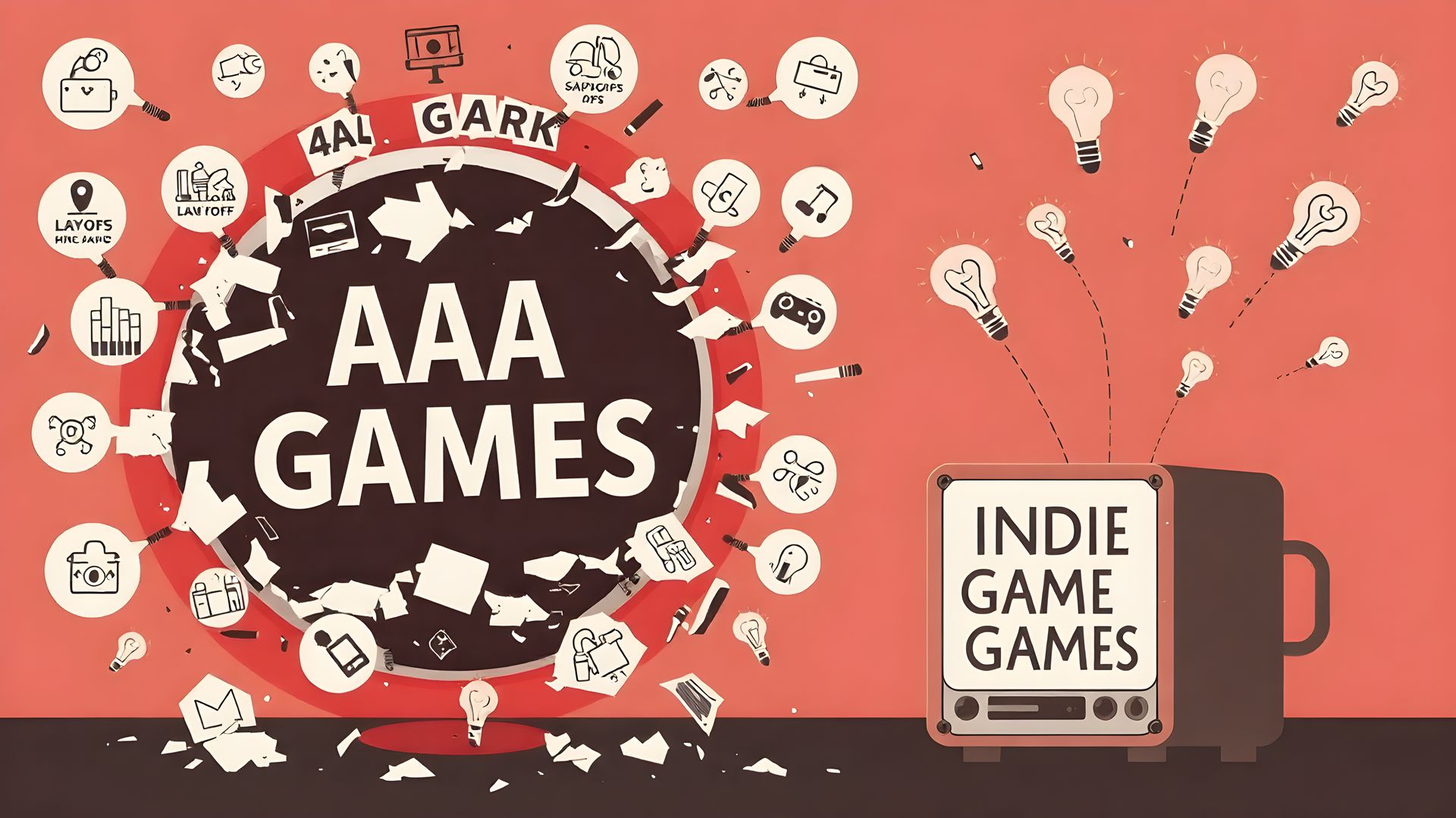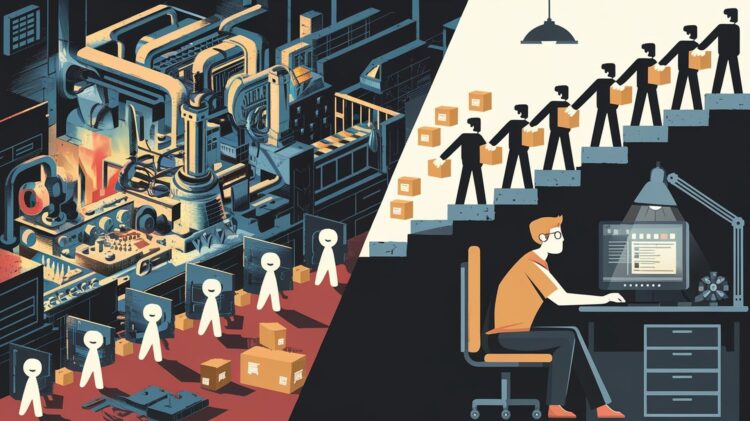High budgets, big teams, and big publisher support have enabled AAA games to stay at the top of the game industry for many years. These games attract people’s attention with advanced graphics, various game mechanics, and full stories meant to meet players’ expectations. Still, they have been criticized lately due to the changes in the industry and the gap between the requirements. Among the factors that triggered this situation are the turmoil in the industry and frequent layoffs.
AAA games that failed to meet players’ expectations and criticism
Expectations for AAA games are higher than ever today. Especially the exaggerated promotions and huge marketing budgets put players with high expectations. However, these expectations are often not met. While advancing technology and the innovative ideas offered by indie games have raised the standards of AAA games, many AAA productions are full of repetitive formulas, technical problems, and content that fails to maintain long-term interest. This makes AAA games face tougher competition, especially with the industry’s rise in indie games. Despite their smaller budgets, indie titles stand out with innovative mechanics, unique storylines, and player-centered approaches. They focus on the gameplay experience, avoiding the “bigger is better” competition of AAA games.

Layoffs and turmoil in the European games industry
The European games industry has changed dramatically in recent years, with layoffs and economic turmoil. According to the Big Games Industry Employment Survey, around 15% of those working in the games industry in Europe found new jobs after layoffs in 2023 and 2024. 23% left their jobs voluntarily. And 6.2% of the population is still looking for a job. Massive layoffs, especially in HR, recruitment, QA, and art departments, may negatively impact game studios’ efficiency and production processes. These disruptions can cause AAA games to suffer in the development stages, leading to quality declines and delays in the completion of projects.
Every year, research conducted by platforms such as Values Value and InGame Job reveals which departments in the industry experience the most layoffs. Especially in the European games industry, 10% of employees who lose their jobs leave and start working in different sectors. This decreases the number of experienced staff in the AAA game production process and deficiencies in quality control, making it difficult to ensure player satisfaction.
Salary inequalities are a growing problem in the European gaming industry. The salary differences between EU and non-EU countries are especially striking. For programming and game development positions, average salaries in EU countries are considerably higher than in non-EU countries. However, salaries have decreased for some positions compared to last year, particularly affecting those in HR, recruitment, and quality control positions. This financial uncertainty contributes to AAA games struggling to meet expectations while making indie games more attractive to gamers in terms of creativity and innovation.

The rise of indie games
Indie games have started solidifying their place in the industry as creative and player-oriented productions with limited budgets. The declining quality of AAA games drives players towards indie games that offer more innovative and original stories. These titles focus on the gameplay experience, avoiding the boring “bigger is better” mentality. Most indie studios offer a faster and more flexible production process, free from bureaucratic processes and big budget pressures. AAA games, on the other hand, are increasingly challenged by high development costs, complex management structures, and rising player expectations.
Other problems that AAA games have often faced in recent years include technical problems caused by rapid development processes and micro-payment systems. Studio pressure to produce more games in a short period can decrease the quality of games, leading to an increase in bugs and optimization issues in AAA games. In addition, in-game purchases and microtransactions cause discontent among gamers. These payment systems negatively affect the gaming experience, reduce players’ interest in AAA games, and become a subject of criticism.
All these developments point to a structural change in the gaming industry. While AAA games still have an important place in the industry with their high budgets and large teams, gamers prefer the original and innovative content of independent games. This competitive environment may force AAA games to develop new strategies. Layoffs, wage disparities, and financial uncertainties in the European gaming industry also indicate the challenges the industry has been facing for a long time.
Image credit: Furkan Demirkaya/Ideogram





